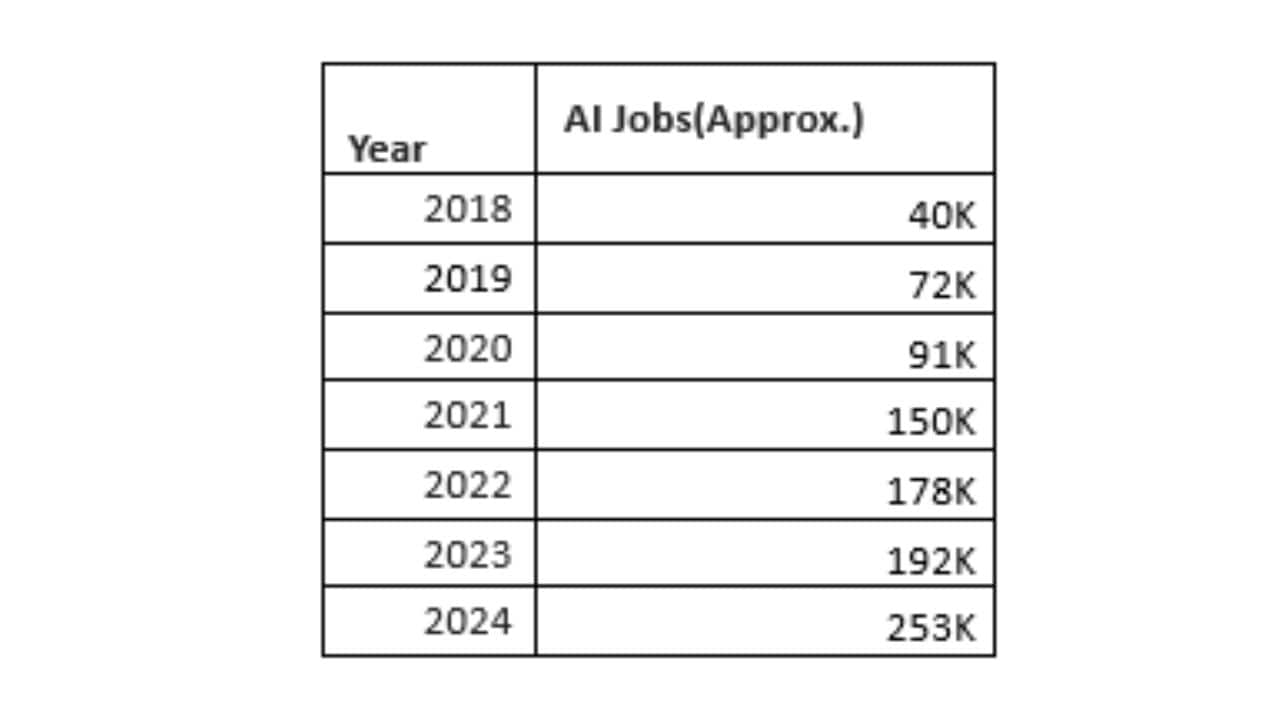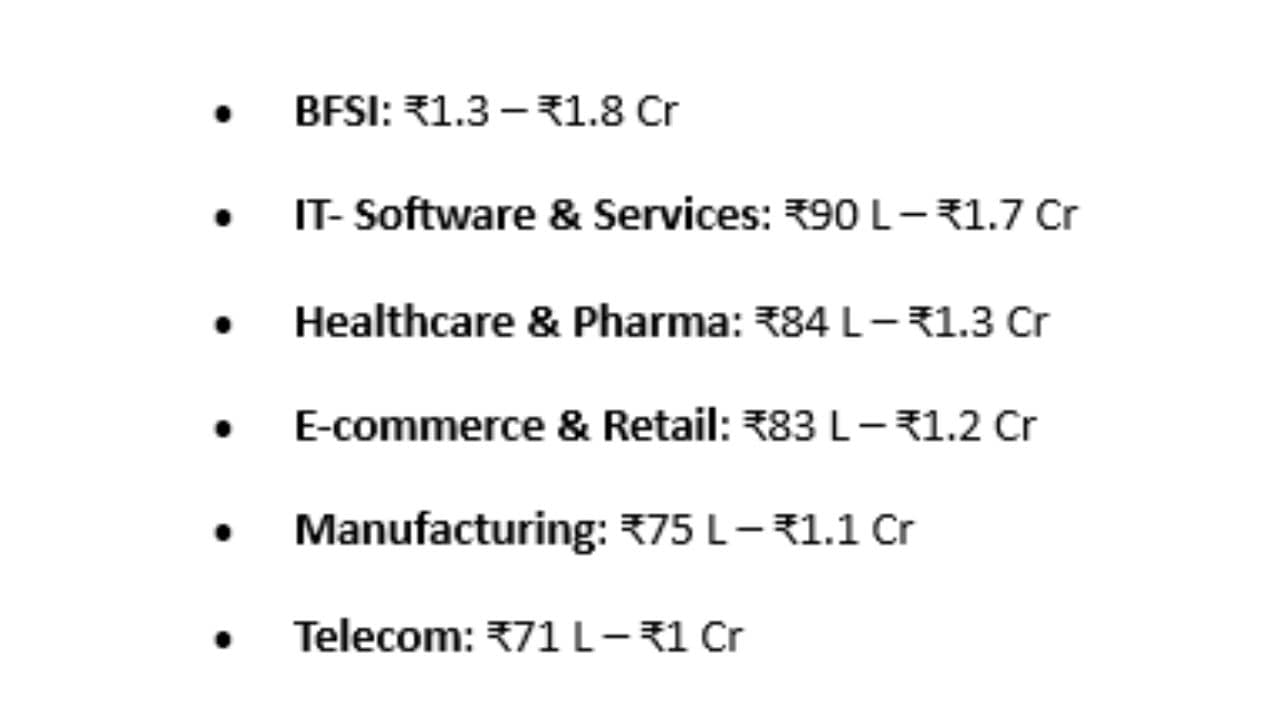This new executive role could decide the future of your company
A powerful new role is quietly reshaping boardrooms across the globe, blending cutting-edge technology with corporate strategy.
ADVERTISEMENT
A new figure is emerging at the top levels of corporate leadership: the Chief AI Officer. The rise of the CAIO in the C-suite is now a reflection of a global push toward digital transformation, spurred in part by the COVID-19 pandemic and the accelerating development of AI technologies. No longer confined to research labs or back-end systems, artificial intelligence has become a strategic imperative across sectors, from finance and healthcare to manufacturing and retail.
In recent months, major corporations have made high-profile CAIO appointments. Intel Corporation elevated Sachin Katti to Chief Technology Officer and Chief AI Officer in April. In February, Jindal Steel and Power named Ritesh Mohan Srivastava to the role, while General Motors followed suit in March with the hiring of Barak Turovsky. Other firms, including Mastercard, Accenture, UnitedHealth Group, and gaming company Games24x7, have also tapped senior AI leaders.
The appointments highlights a broader trend. According to data from the talent platform foundit, India recorded more than 480 AI-focused leadership job openings in the past year, with 17 specifically designated for CAIOs. That number, while still relatively small, reflects growing recognition of AI as a driver of innovation, efficiency, and competitive advantage.

(Source: foundit Insights Tracker)
“The CAIO role has evolved from a nascent concept to a strategic necessity,” said V. Suresh, Chief Executive Officer of foundit. “Organizations are not just hiring technologists, they’re looking for leaders who can align AI with business outcomes.”
The idea of a dedicated AI executive is not entirely new. In 2022, TVS Motor Group appointed Mahesh Calavai as Chief Digital and AI Officer. Deepak Agarwal, who previously led AI initiatives at Pinterest and LinkedIn, returned to the Microsoft-owned platform as its Chief AI Officer in January.
But the momentum has sharply accelerated since 2020. A surge in generative AI tools and broader enterprise adoption has prompted firms to reimagine leadership structures. Many are now restructuring traditional CTO or Head of Analytics positions to include AI mandates, often expanding them into standalone C-level roles.
“Globally, we’ve seen a 70 percent rise in CAIO appointments within private companies last year alone,” Suresh added.
In India, this growth has been aided by national initiatives such as the 2018 National AI Strategy and the expanding digital ecosystem. Jaideep Kewalramani, Chief Operating Officer of TeamLease Edtech, said that the role, which first surfaced in the late 1990s, has gained renewed urgency in the wake of generative AI’s widespread impact. A recent LinkedIn report noted that “Head of AI” roles have tripled between 2018 and 2025.

(Source: foundit Insights Tracker)
AI is now embedded in nearly every function of the modern enterprise - marketing, operations, finance, HR, and supply chain. But while data scientists and machine learning engineers build models, it is the CAIO who sets the vision and ensures that AI is integrated into strategic decision-making and organizational culture.
“A CAIO is not just an overseer of AI initiatives,” said Kewalramani. “They are architects of transformation, bridging innovation, risk management, and responsible AI use.”
This strategic scope is reflected in compensation packages. In India, CAIOs command annual salaries ranging from Rs80 lakh to Rs2.5 crore, according to foundit. In technology and BFSI sectors, those figures can soar to Rs4 crore per annum.
Still, many companies remain cautious. Some view AI as a support function rather than a strategic enabler. Others cite challenges in finding candidates who possess both technical expertise and executive acumen.
“The skill set required for a CAIO, combining deep AI knowledge, business insight, and governance, is rare,” said Suresh. “For some firms, especially those early in their AI journey, it may not yet make sense to commit to a full-time C-level position.”
Budget constraints and unclear return on investment are also slowing adoption. Establishing a new executive post entails significant costs and demands clear performance metrics, an obstacle for businesses still navigating the uncertain landscape of AI deployment.
Nonetheless, experts believe the CAIO will become an essential part of corporate leadership, sitting alongside the CTO and COO in shaping enterprise strategy.
“Far from being an optional role,” Suresh said, “the Chief AI Officer will become central to every organization serious about innovation and inclusion.”
Read More: AI adoption surges across industries, but salaries lag behind


